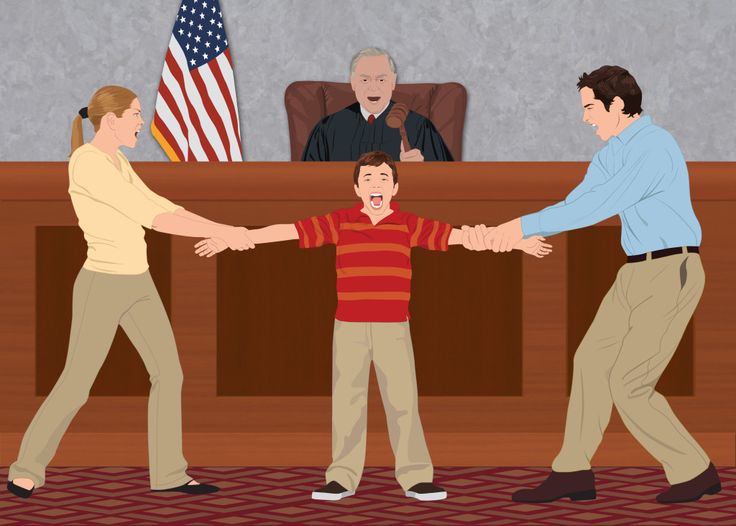Custody Battles Across Countries
Custody battles across countries sometimes include intricate legal frameworks, emotional hardship, and diplomatic difficulties, particularly when parents seek justice under different international laws.
When both parents reside in different countries, custody battles become some of the most complicated and tragic situations in family law. Divorce is already challenging when both parents live in the same city. Children of international divorces are frequently torn between two families, two cultures, and two legal systems. These cases demonstrate the conflict between immigration regulations, parental rights, and—above all—the welfare of the child.
Why International Custody Battles Are Rising
- Global migration: Families are more mobile than ever.
- Cross-cultural marriages: Couples often come from different countries.
- Work abroad: Parents may relocate for career opportunities.
- International divorces among celebrities: These often spotlight the issue.
The Legal Maze of International Custody
International custody battles are usually governed by treaties like the Hague Convention on the Civil Aspects of International Child Abduction. This treaty aims to return children wrongfully removed from their country of residence. However, not all countries are members, and even among those that are, enforcement can be slow and inconsistent.
High-Profile Cases That Shaped the Conversation
- Madonna’s custody dispute with ex-husband Guy Ritchie over their son Rocco highlighted the emotional toll of parents living in different countries.
- Kelly Rutherford’s case (from Gossip Girl) is one of the most famous, where her children were ordered to live in Monaco with their father, sparking debates about U.S. courts and international law.
- Several athletes and entertainers have faced custody disputes involving travel restrictions, highlighting the impact of careers that demand global movement.
Emotional Impact on Children
Children in international custody battles often face:
- Identity struggles – torn between cultures and homes.
- Emotional stress – long flights and sudden relocations disrupt stability.
- Parental alienation – when one parent is physically distant, the bond may weaken.
- Uncertainty – ongoing legal disputes leave children unsure about where they belong.
Protecting Children in Cross-Border Divorce
- Mediation first: Encourages parents to cooperate instead of dragging children into courtrooms.
- Child-centered rulings: Judges increasingly prioritize stability and well-being over parental disputes.
- Clear agreements: Parenting plans that address schooling, travel, and healthcare are crucial.
- Legal awareness: Parents must understand the laws of both countries involved.
International custody battles are some of the most difficult family law cases, as they test the boundaries of love, law, and geography. While treaties provide a framework, the emotional scars often last beyond the courtroom. At the heart of every case lies a simple truth: children need stability, love, and security, no matter which country they call home.
FAQs: Custody Battles Across Countries
What is the Hague Convention, and how does it affect custody battles?
It’s an international treaty designed to prevent child abduction by requiring children wrongfully taken across borders to be returned to their country of residence.
What happens if one parent takes the child to a non-Hague Convention country?
This complicates matters significantly. Courts in the home country may issue orders, but enforcement in a non-member country is often limited.
Can children choose which parent to live with in international custody cases?
In some jurisdictions, older children’s preferences are considered, but courts usually prioritize their best interests.
How do international custody cases affect travel?
Courts may require special permission for a parent to travel abroad with a child, often using passport restrictions to prevent abduction.
Are international custody battles more common among celebrities?
Yes, because many celebrities live, work, and marry internationally. However, every day, families face these issues too.
Can mediation work in international custody disputes?
Yes. Mediation is often encouraged to avoid lengthy and expensive international court battles, especially when parents want to minimize trauma for their children.
What role does citizenship play in custody cases?
Citizenship can determine jurisdiction, but residency is often more important in deciding custody arrangements.
What is parental abduction, and how is it handled?
It occurs when one parent takes a child abroad without the other’s consent or court approval. In Hague Convention countries, the child is usually returned quickly, though enforcement varies.
👉 Next up: Blog 6: The Hidden Costs of Divorce: Why Child Support Battles Are on the Rise.
Would you like me to continue right away with it?


Leave a Reply